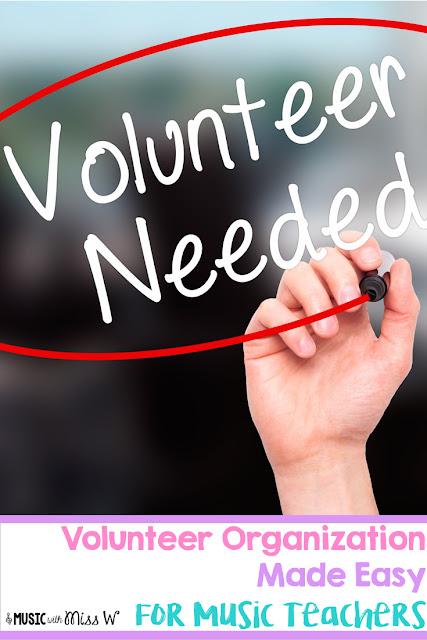Adult music students are my absolute favorite to have in my studio. For a while though, I didn't really consider the possibility of teaching adults. I thought that people often either did something in childhood or didn't and that usually dictated what they continued with beyond their schooling years. However, there's definitely a market for teaching adults. I've seen two different types of adult lesson seekers: those who have had a dream to learn an instrument their entire life and they're finally pursuing the dream OR those who played an instrument back in their school days and they want to relearn that instrument(I had one adult flute student who wanted to be able to play duets with her son who was starting to learn clarinet in middle school).
Adult Students are the best because...
1. They actually practice.
I don't know about you but I find that lessons are so much more pleasant when students practice. The great thing about adult students is that most of them actually want to practice. Unlike students who are sometimes encouraged to or forced to take lessons by their parents, adult students typically spend their own money on lessons to learn something new that they actually want to do.
2. They have fully developed attention spans and brains.
Don't get me wrong, I love teaching adorable 5 year olds. They're full of energy and excitement. But sometimes it can be exhausting to keep them on track. With adult students, they can easily stay focused for 30 or 60 minute lessons. I've found these lessons to be much less tiring.
3. They're...adults.
Sometimes it's nice to talk to another adult. While they likely won't make you a cute, thoughtful hand drawn memento for your desk, they speak your language. Oh, and they wash their hands, which is a huge plus when strep throat is making it's rounds.
3 Tips for Teaching Adult Students
1. Make sure you have a method book for adults.
Many method books have bright colors, cartoons, or language for children. While that's great for your younger students, your adult students will definitely appreciate an adult looking book. Make sure you have some method books to recommend. For piano students, I use Alfred's Adult All-In-One Piano Book and for flute students, I use
Rubank's Flute Beginner Method Book
and for flute students, I use
Rubank's Flute Beginner Method Book (their beginner book is called "elementary" but the word elementary is used in the sense that it is simpler or easier and not that it is geared towards elementary aged students).
(their beginner book is called "elementary" but the word elementary is used in the sense that it is simpler or easier and not that it is geared towards elementary aged students).

 Please note, these links are affiliate links but are the books I use in my actual studio.
Please note, these links are affiliate links but are the books I use in my actual studio.
2. Do a pre-lesson assessment of their musical skills.
It is really important to ask questions about prior musical experiences with adult beginners. Initially one of my adult students told me that she can't read or play. After asking her some questions, I found out that she actually played flute for three years in middle school and thought she didn't remember anything. She thought wrong by the way - although rusty at first, she quickly began remembering how to play flute and read music and was able to progress much quicker than a true beginner. Knowing this experience changed my approach to teaching her and allowed her to progress further.
Some questions to consider:
- Have you ever played any instruments?
- Were you involved in band, choir, orchestra, or any other ensembles?
- Have you participated in a church choir or church band?
- Can you read any rhythms or music notes?
3. Find your student's dream music.
A lot of times, your adult student has a dream song or piece of music that they'd always wished they could play. Because they don't have a school ensemble or contest to keep them interested and motivated, I use this dream music as a way to keep them engaged. I have them pick out a few pieces or songs and see if we can include a small chunk into each week's lesson. Right now, one of my student's is working on a Cristofori's Dream, a piece he's always dreamed of playing(ha..ha...ha?).
So tell me, do you have adult students in your studio? What do you love about teaching adult students and what are your challenges?














